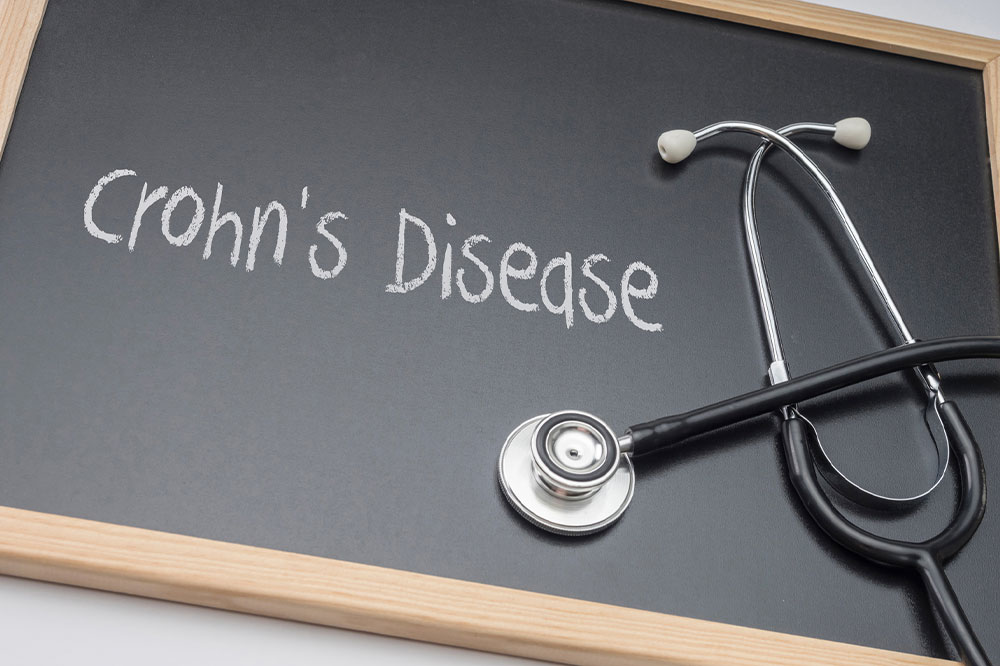Comprehensive Overview of Crohn's Disease: Symptoms, Variants, and Management
This comprehensive overview explores Crohn's disease, detailing its symptoms, various forms, management options, and risk factors. While incurable, effective treatments can control symptoms, prevent complications, and improve quality of life. Recognizing early signs and seeking personalized care are crucial for managing this chronic condition and maintaining well-being.

Comprehensive Overview of Crohn's Disease: Symptoms, Variants, and Management
Crohn's disease, also known as regional enteritis, is a chronic inflammatory disorder impacting the gastrointestinal tract. It causes swelling, irritation, and tissue damage in various parts of the digestive system. Common signs include abdominal pain, diarrhea, unintended weight loss, and rectal bleeding. While a cure remains unavailable, various treatments aim to control symptoms and enhance life quality. This article highlights key symptoms, disease types, management strategies, and risk factors associated with Crohn’s disease.
Identifying Crohn’s Disease Symptoms
The symptoms develop gradually and may worsen over time. Sudden onset is rare. Early indicators include diarrhea, abdominal cramps, blood in stool, fever, fatigue, loss of appetite, weight reduction, frequent urination, and a constant feeling of fullness. As the condition advances, more severe manifestations such as anal fistulas, skin ulcers, joint swelling, anemia, and rectal discomfort can occur.
Different Forms of Crohn’s Disease
Crohn’s affects various parts of the digestive tract, leading to classifications based on location:
Ileocolitis: Involves both the small and large intestines, the most common form.
Ileitis: Focuses on inflammation in the ileum, the final segment of the small intestine.
Gastroduodenal Crohn’s: Affects the stomach and initial small intestine, causing irritation and inflammation.
Jejunoileitis: Features patchy inflammation in the upper small intestine, known as the jejunum.
Approaches to Managing Crohn’s Disease
As no definitive cure exists, treatment aims to reduce intestinal inflammation, ease symptoms, and prevent complications. The focus is on achieving sustained remission and enhancing daily life. Treatment options include anti-inflammatory drugs, immune system suppressants, biologic therapies targeting immune responses, antibiotics, and sometimes surgery. Surgery may be necessary when other interventions fail, mainly to remove damaged tissues or treat complications; however, it does not cure the disease. Personalized management plans should be developed with healthcare providers.
Factors Increasing Crohn’s Disease Risk
Genetics significantly influence susceptibility, with family history elevating risk. Smoking is a notable risk factor as well. Certain medications, including antibiotics, aspirin, and hormonal contraceptives, may slightly raise the likelihood. Diets high in fats can also contribute. Despite challenges, proper treatment and lifestyle modifications can help many living with Crohn’s lead active, fulfilling lives amid flare-ups and ongoing treatment needs.


